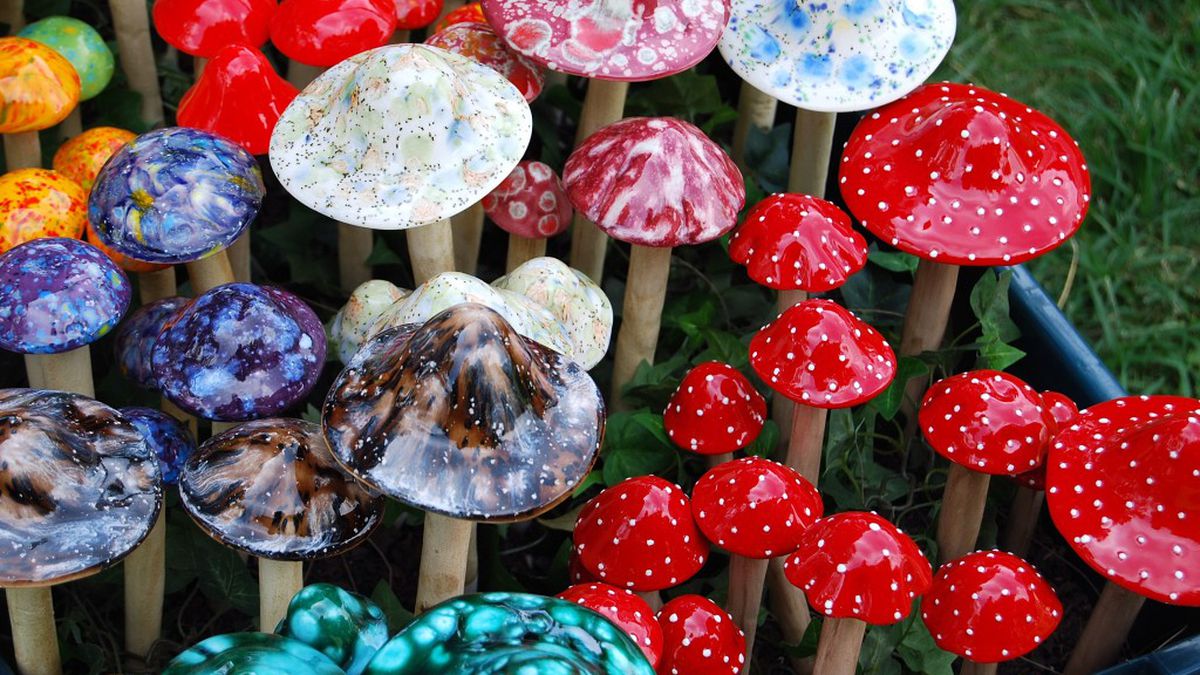Detroit’s “Psychedelic Church” Raided by Police Amid Legal Controversies
DETROIT — Just days after being featured on the cover of the Detroit Metro Times, Detroit’s first “psychedelic church,” Soul Tribes, faced a police raid, drawing attention to the complex legal landscape surrounding entheogenic plants and fungi.
The church, operated by Shaman Shu, offers psilocybin mushrooms as a sacred sacrament. The owner alleges that the raid transgressed Proposal E, a measure approved by Detroit voters last year. This proposition decriminalized the possession and therapeutic use of certain entheogenic substances, including psilocybin mushrooms, within city limits. Soul Tribes included a “sacrament center” where patrons could purchase dried mushrooms, capsules, and gummies.
According to a search warrant the Metro Times procured, the police operation aimed to confiscate all narcotics from the “illegal dispensary inside the purported church.” This included “psychedelic mushrooms” and all documentation connected to the storage, distribution, and transportation of controlled substances.
Shu informed the Metro Times that the officers seized psilocybin mushrooms valued at over $700,000, all earmarked for therapeutic purposes. The subsequent closure of the church was also mandated.
“They stole ancient sacrament. It was prayed over and meditated over. It’s a healing sacrament… They blocked my property down without due process. You can’t do that. … They think we’re not a church,” expressed an impassioned Shu. He underscored the historical delineation between church and state, asserting Soul Tribes’ status as a genuine religious institution.
However, the Detroit Police Department highlighted other concerns. Sgt. Jordan Hall, the department’s Media Relations representative, indicated that the raid stemmed from licensing issues and the volume of substances distributed.
Offering an official stance, Mayor Mike Duggan’s office communicated to the Metro Times that, irrespective of local ordinances and their intentions, state law still categorizes psilocybin as a controlled substance. The statement further clarified that the city ordinance does not sanction the sale or distribution of psilocybin.
The event accentuates the ongoing debate and tensions between local and state jurisdictions concerning the decriminalization and regulation of psychedelic substances. With cities and states across the country reconsidering their stance on these substances, Detroit’s situation exemplifies the challenges and complexities of navigating this evolving terrain.


































